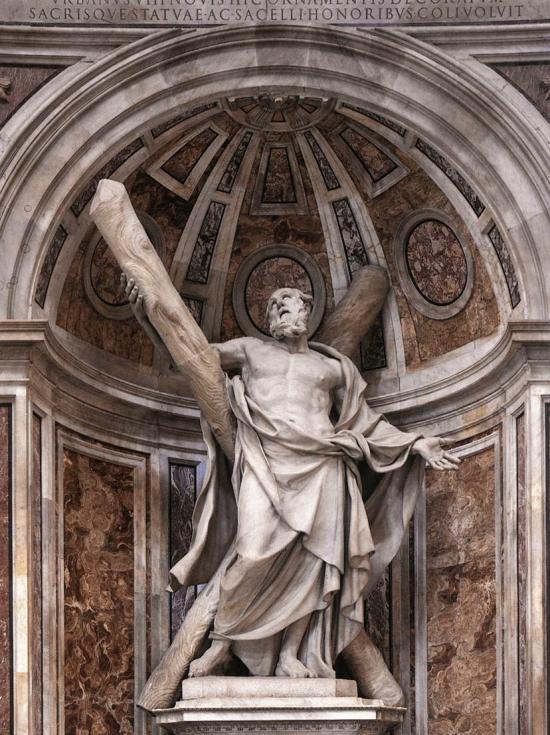In today’s First Reading one of the signs of salvation will be the blind coming out of gloom and darkness to see. The two blind men in today’s Gospel “see” Jesus as the Messiah, and they express that faith to him while asking for his mercy. Unlike other accounts of Our Lord healing blind men, this one is done behind closed doors: Our Lord in silence and privacy wants this just between him and them.
He makes it clear that the miracle depends on their faith in him being able to do what they are asking of him. The miracle will be a sign of the depth of their faith, and, thankfully, their faith is deep enough. Faith in Our Lord is what leads us out of gloom and darkness, especially spiritual gloom and darkness. In Advent we remember in a penitential spirit that darkness we’ve walked into through our sins, but also the true light about to come into the world on Christmas Day to lead us out of that darkness if we have faith in him.
Do you believe Our Lord can lead you out of any spiritual darkness or myopia you may be experiencing? Advent is a time to get ready to ask him to restore your sight when he appears on Christmas Day.
Readings: Isaiah 29:17–24; Psalm 27:1, 4, 13–14; Matthew 9:27–31.

